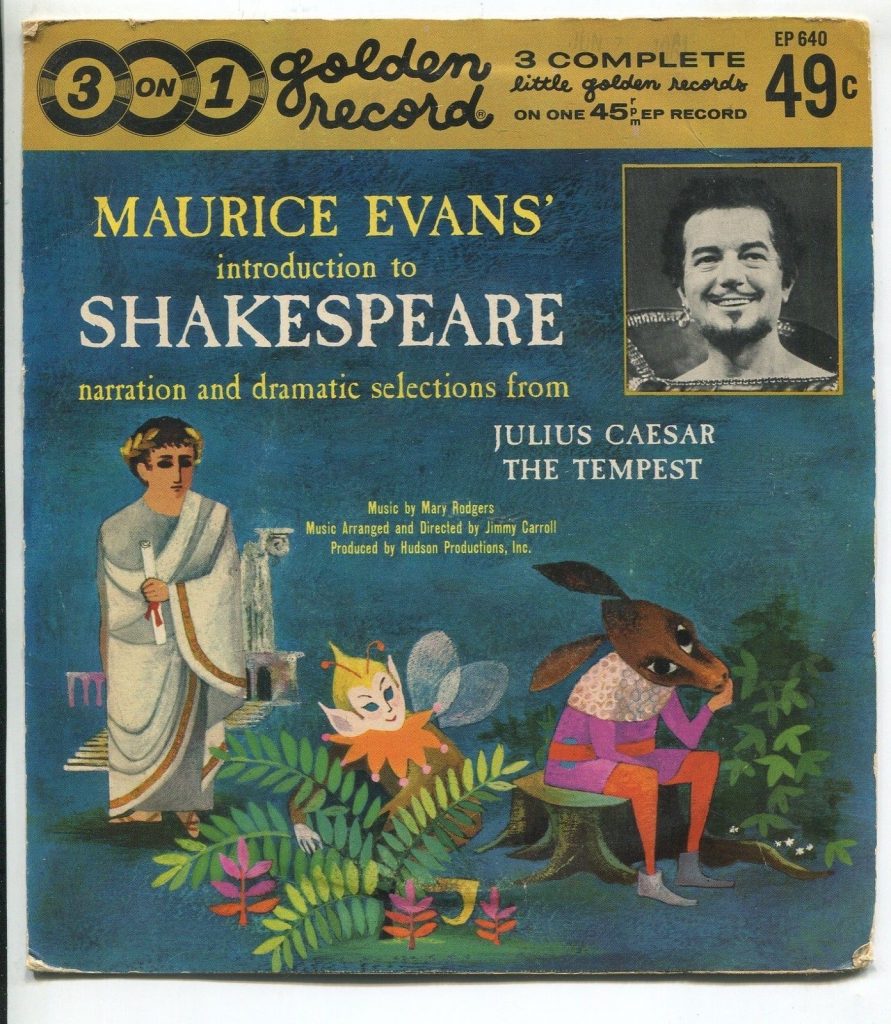[T]oday we read the whole of Don Quixote with a bitter taste in the mouth, it is almost an ordeal, which would make us seem very strange and incomprehensible to the author and his contemporaries, – they read it with a clear conscience as the funniest of books, it made them nearly laugh themselves to death. — Nietzsche
Following up yesterday’s story of windmills (The Tree With the Golden Apples) with a rather more famous story on, inter alia, the same subject: Cervantes’ Don Quixote (“Animated Epics,” 2000).
The only version I could find online is split into three parts:
Or if you prefer a musical version, here’s a clip featuring the inimitable Richard Kiley (I love Peter O’Toole, but his Quixote doesn’t quite grab me):
